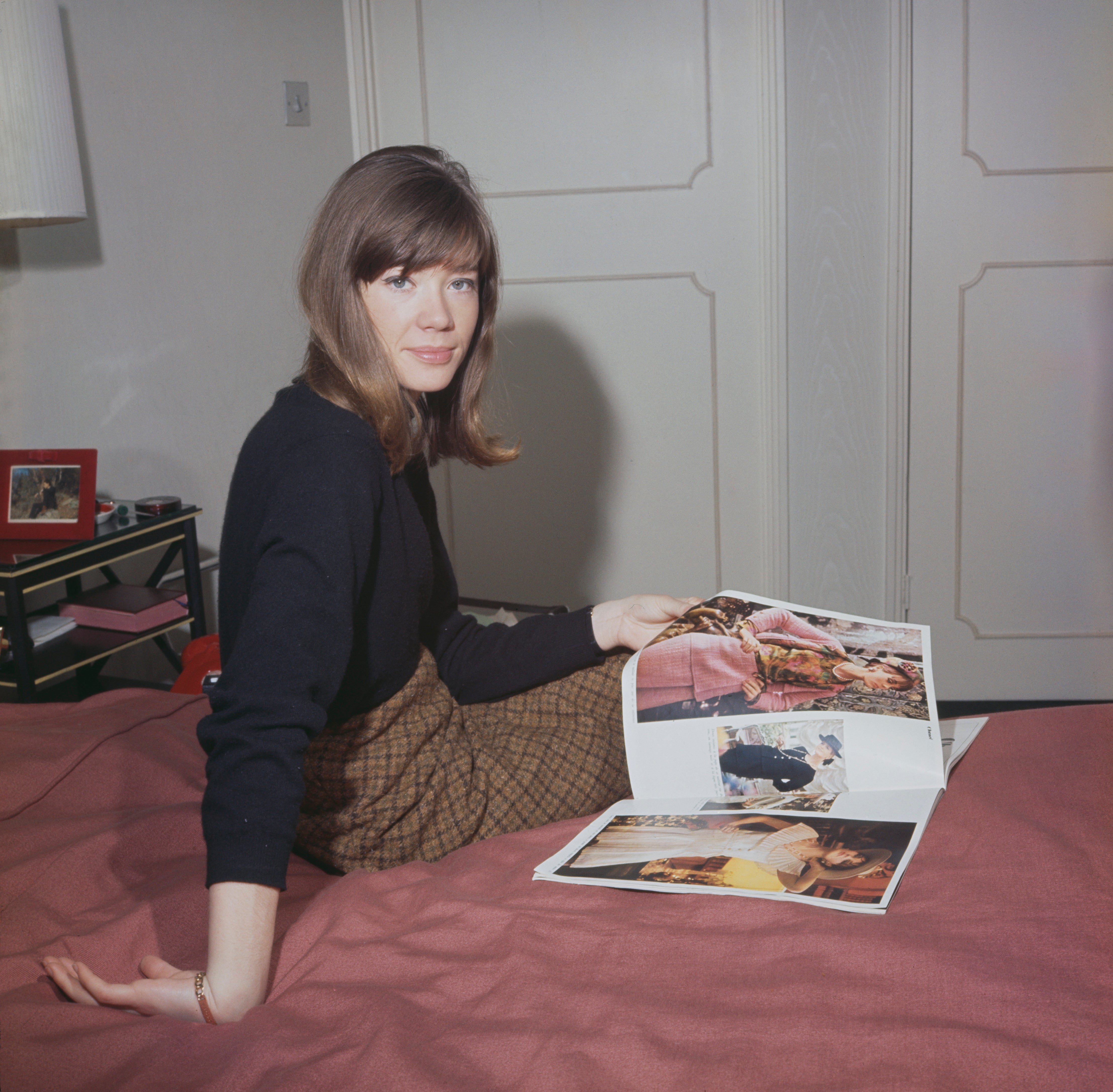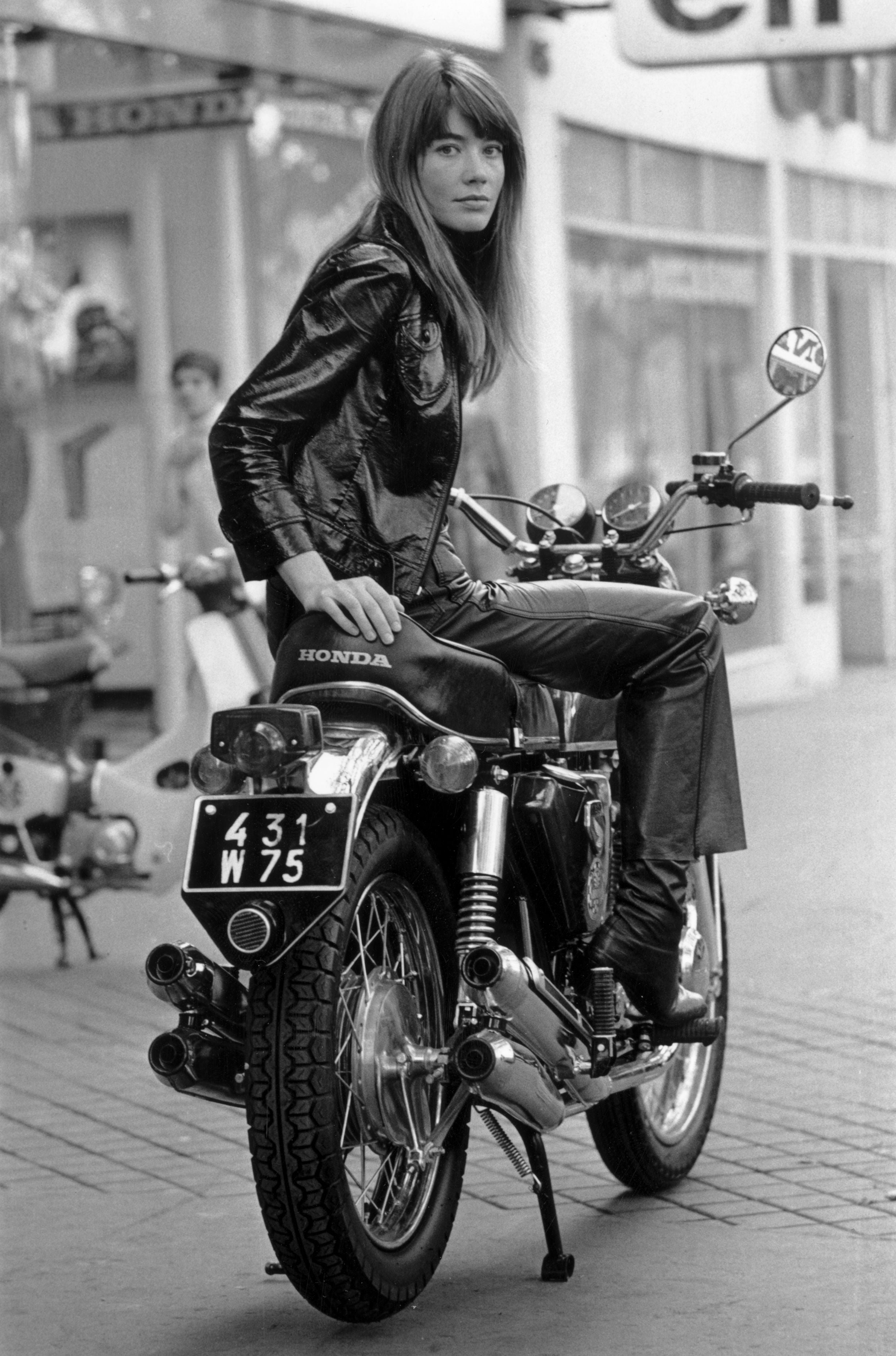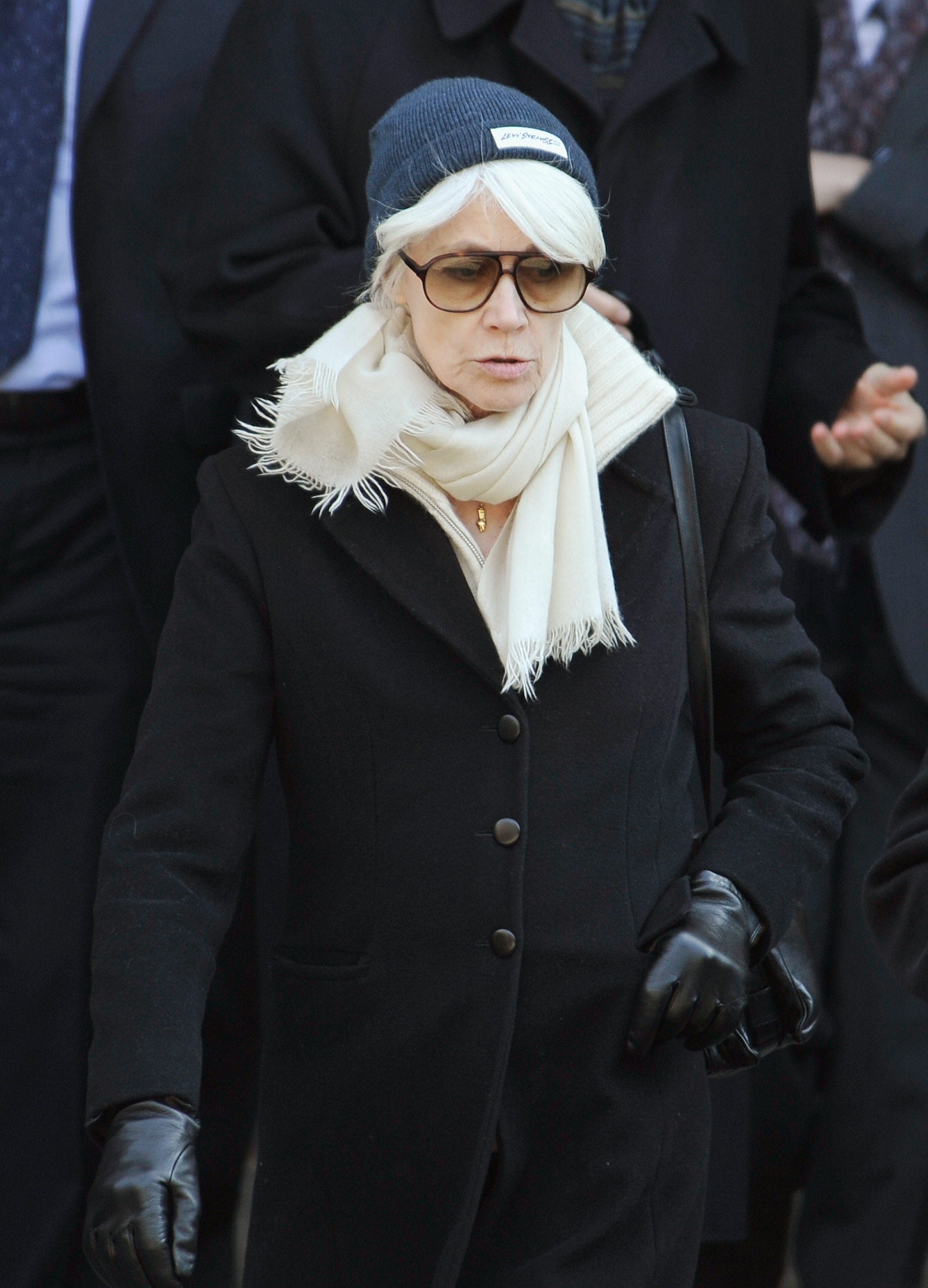Françoise Hardy, French music and pop culture icon, dies aged 80
The singer, who became an international cultural icon in the ‘60s, was diagnosed with lymphatic cancer in 2004

Your support helps us to tell the story
From reproductive rights to climate change to Big Tech, The Independent is on the ground when the story is developing. Whether it's investigating the financials of Elon Musk's pro-Trump PAC or producing our latest documentary, 'The A Word', which shines a light on the American women fighting for reproductive rights, we know how important it is to parse out the facts from the messaging.
At such a critical moment in US history, we need reporters on the ground. Your donation allows us to keep sending journalists to speak to both sides of the story.
The Independent is trusted by Americans across the entire political spectrum. And unlike many other quality news outlets, we choose not to lock Americans out of our reporting and analysis with paywalls. We believe quality journalism should be available to everyone, paid for by those who can afford it.
Your support makes all the difference.Francoise Hardy, the French singer known for her lilting, melancholy voice, has died aged 80.
Her death was confirmed by her son, musician Thomas Dutronc, in a post on Instagram. He shared a baby photo of himself with Hardy, with a caption reading “maman est partie” or, “mum is gone.”
Hardy was diagnosed with lymphatic cancer in 2004, and had to undergo years of treatment. In 2015, she was placed in a coma for a short period after she began to experience difficulties speaking, swallowing and breathing.
In 2021, the cancer and its treatments diminished the quality of her life to the extent that she advocated for euthanasia, and even said that France was “inhumane” for not legalising the procedure.
“My physical suffering has already been so terrible that I am afraid that death will force me to go through even more physical suffering,” she told Femme Actuelle.
Born in Nazi-occupied Paris in 1944, Hardy had described growing up with an emotionally absent father and a mother who lived a very solitary life.
“At the weekends, my sister and I were sent to my grandparents’ house and that was it,” she told The Guardian. “The atmosphere was so strict and there was a lot of shame perhaps to do with my parents’ separation.
“My grandmother told me repeatedly that I was unattractive and a very bad person, which makes you think as a child that you will never meet anyone.”
This, she said, led to a feeling of otherness and a lack of self-confidence: “I knew that if I did not take this chance, however humiliating the result might be, that I would regret it for the rest of my life.
“That is really how I found the courage to go,” she said, describing why she fought through her shyness to go to an open audition hosted by premier record label Pathé Marconi.
Enjoy unlimited access to 100 million ad-free songs and podcasts with Amazon Music
Sign up now for a 4 month free trial (3 months for non-Prime members)
Enjoy unlimited access to 100 million ad-free songs and podcasts with Amazon Music
Sign up now for a 4 month free trial (3 months for non-Prime members)
She released her debut single, “Tous les garçons et les filles”, in 1962. It sold two million copies and topped the charts in France.
Her follow up singles, “Je Suis D’Accord” and “Le Temps de L’Amour”, did just as well, cementing her position at the forefront of the European pop music scene.

In 1963, Hardy represented Monaco at the Eurovision song contest and finished in fifth place. Throughout the Seventies, she collaborated with some of the most celebrated stars of the day, including Serge Gainsbourg, Patrick Modiano and Catherine Lara, while also recording songs in English, German and Italian.
She went on to appear in several films, such as Jean-Luc Godard’s Masculin/Feminin (1966), Roger Vacim’s Chateau en Suede, American comedy What’s New Pussycat? (1965), and John Frankenheimer’s Grand Prix in 1966.
Hardy was also a fashion icon and appeared on the cover of several magazines. She modelled for Yves Saint Laurent, André Courrèges, and Paco Rabanne, and was also photographed by Richard Avedon for Vogue.
“Françoise manages to attract both kids and their parents, men and women alike. More than a singer, she’s becoming a universal myth with whom thousands of young girls dream of identifying,” Special Pop wrote in 1967.

Mick Jagger once referred to Hardy as the “ideal woman”, while Bob Dylan dedicated a poem to her on the back of his 1964 album Another Side of Bob Dylan, writing: “For Françoise Hardy, at the Seine’s edge, a giant shadow of Notre Dame seeks t’ grab my foot …”
Hardy also recalled an incident where Dylan refused to take the stage for his first concert in Paris unless she agreed to meet him.
On another occasion, she was visited by The Rolling Stones’ Brian Jones in London, where he introduced her to his girlfriend.
“I heard much later that there was a rumour that I was a lesbian, but really I was just shy and unsure,” she told The Guardian. “When Brian Jones introduced me to his girlfriend, Anita Pallenberg, I was very flattered and charmed, but then I heard that they were each trying to figure out which one of them I was interested in sexually.
“Of course, this was the very last thing I was interested in. I was unbelievably innocent.”
Hardy’s career spanned five decades, during which she released 28 albums. In 2006, she was awarded the Grande médaille de la chanson française honorary award by the Académie française.
In 2018, despite the series of health issues, Hardy released her final album Personne dáutre, which translates to Nobody Else, and also published her autobiography The Despair of Monkeys and Other Trifles in 2008.

On her final album, Hardy said that it talked about “death in a very symbolic and even positive way” though there was “acceptance” of it too.
“For instance, there is a song called ‘Special Train’, which I like very much, but at my age, I can really only sing about that one very special train that will take me out of this world,” said.
“But, of course, I am also hoping that it will send me to the stars and help me discover the mystery of the cosmos.”
France's culture minister, Rachida Dati paid tribute to her on social media, writing: “How to say goodbye to her? Eternal Françoise Hardy, legend of French song, who entered, through her sensitivity and her melodies, into the heart of an entire country.”
Join our commenting forum
Join thought-provoking conversations, follow other Independent readers and see their replies
Comments